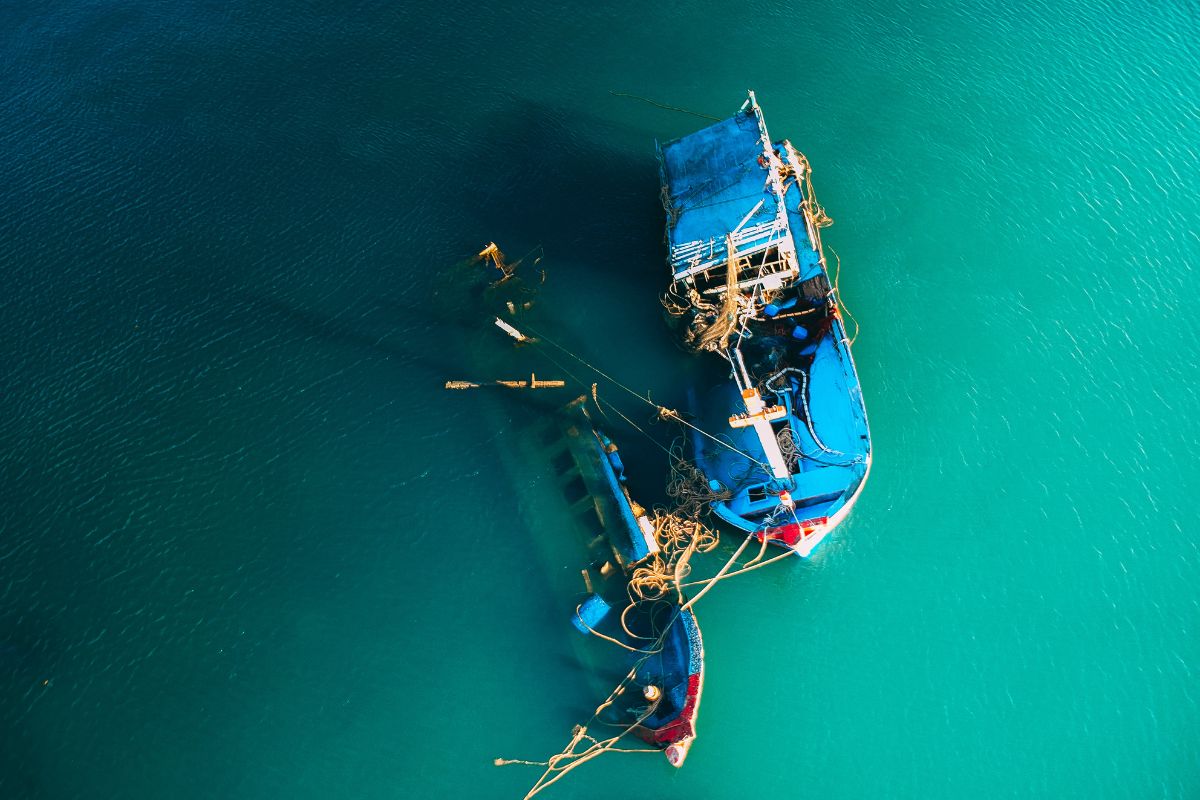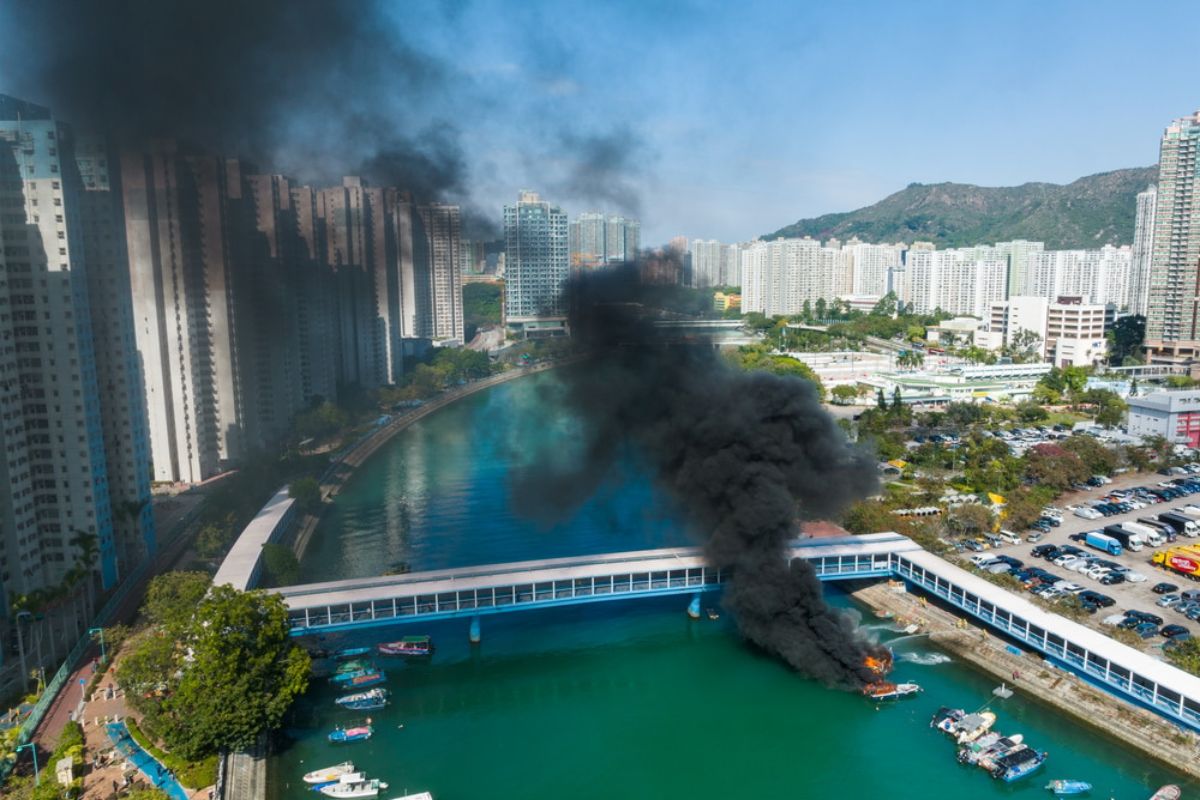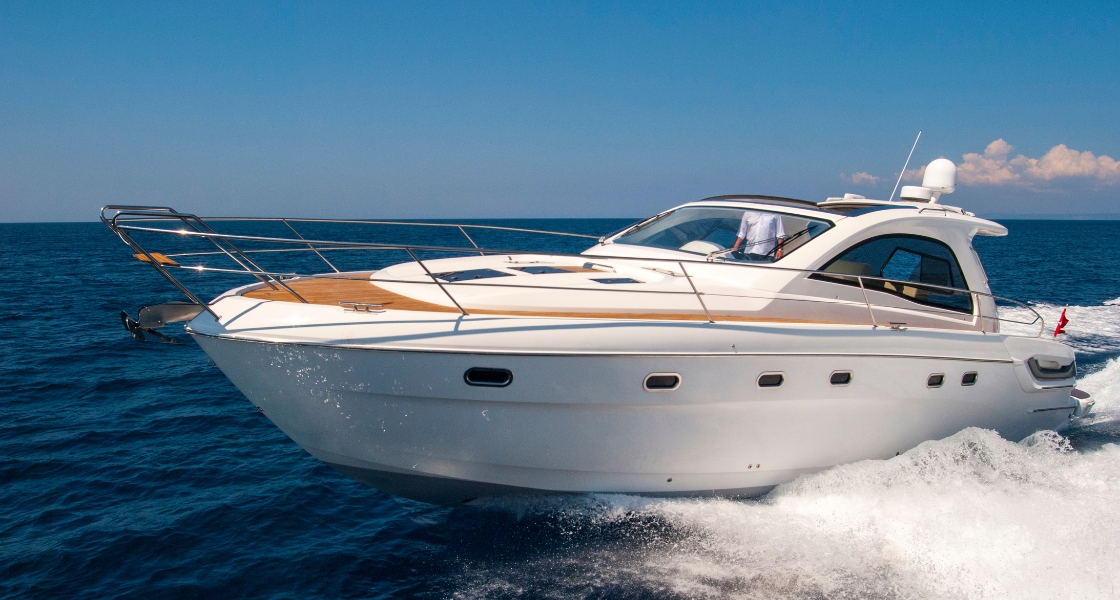
Boating accidents can turn a peaceful day on the water into a life-altering event. When these accidents occur, determining who is liable becomes crucial for holding the responsible parties accountable and recovering compensation for damages.
Understanding liability can help victims navigate the legal process and secure the justice they deserve.
Whether you’re a boat operator, passenger, or even a bystander, knowing the factors that determine liability is essential. From operator negligence to mechanical failures, many scenarios can lead to accidents.
This guide will break down the key elements of liability in boating accidents so you can better protect your rights and make informed decisions after an incident on the water.
Let’s explore who is held responsible and why.
The Boat Operator’s Responsibility
Boat operators bear significant responsibility for ensuring safety on the water. Their actions and decisions directly impact the well-being of passengers, crew, and others nearby. Understanding when operators are held liable helps clarify accountability.
- Negligent actions, such as speeding or reckless behavior, often result in accidents.
- Operating a boat while intoxicated is a leading cause of preventable incidents.
- Failure to follow navigational rules or properly respond to weather conditions can establish negligence.
- Courts use a “reasonable care” standard to determine if the operator acted responsibly.
Liability of the Boat Owner
Boat owners may face liability even if they weren’t operating the vessel. Their responsibility includes ensuring the boat’s safe use and condition.
- Owners are liable if they knowingly allow an unqualified operator to use their vessel.
- Failure to maintain the boat properly, resulting in mechanical issues, can lead to accidents.
- In shared or rented boat cases, liability may depend on usage agreements or negligence.
- Boating accident lawyers in Springfield, MO, can clarify these nuances and help establish fault.
Manufacturer or Maintenance Liability
Boat accidents caused by defects or poor maintenance introduce liability for manufacturers or repair services. These cases often involve detailed technical investigations.
- Common defects include steering failures, engine malfunctions, or faulty safety equipment.
- Examples of maintenance-related issues include improper repairs or missed inspections.
- The law may hold manufacturers liable for design flaws or production errors under product liability principles.
- A personal injury attorney specializing in boating accidents can gather evidence to establish these claims.
Liability in Commercial Boating Accidents
Commercial boating accidents follow stricter rules due to the higher stakes involved. Liability may extend beyond individual operators to employers and other entities.
- Commercial operators must meet federal and state safety standards, such as crew training and equipment inspections.
- Employers may be liable for inadequate training, poor hiring practices, or unseaworthy vessels.
- Incidents involving charters, ferries, or other commercial operations require careful review of applicable maritime laws.
Shared or Comparative Liability
Sometimes, multiple parties share liability for a boating accident. Comparative negligence laws determine compensation based on each party’s fault.
- For example, a distracted boat operator and a reckless passenger could share blame.
- Some states reduce compensation based on the victim’s percentage of fault.
- Cases involving shared or comparative liability require detailed evidence and clear argumentation.
Steps to Protect Your Rights After a Boating Accident
Protecting your rights after a boating accident requires prompt action and informed decisions. Following the right steps ensures the best chance of recovering damages.
- Collect evidence like photographs, witness statements, and detailed records of the incident.
- Report the accident to relevant authorities, including the Coast Guard, if necessary.
- Seek immediate legal guidance from a qualified attorney to navigate complex liability issues.
Understanding liability in a boating accident ensures you can take the right steps toward justice and compensation. Accountability depends on various factors, including operator negligence, equipment defects, or shared fault. If you’ve been involved in a boating accident, seeking legal advice is vital. An experienced attorney can clarify your options and help you navigate the complexities of your case confidently.




